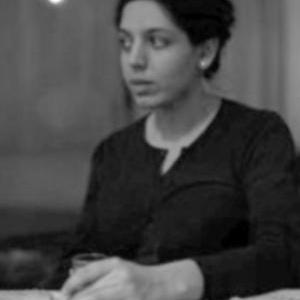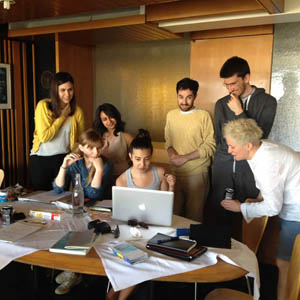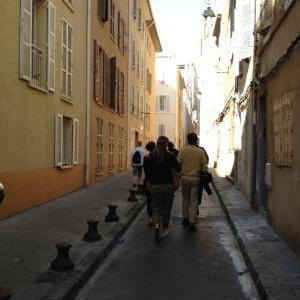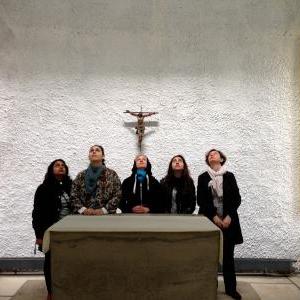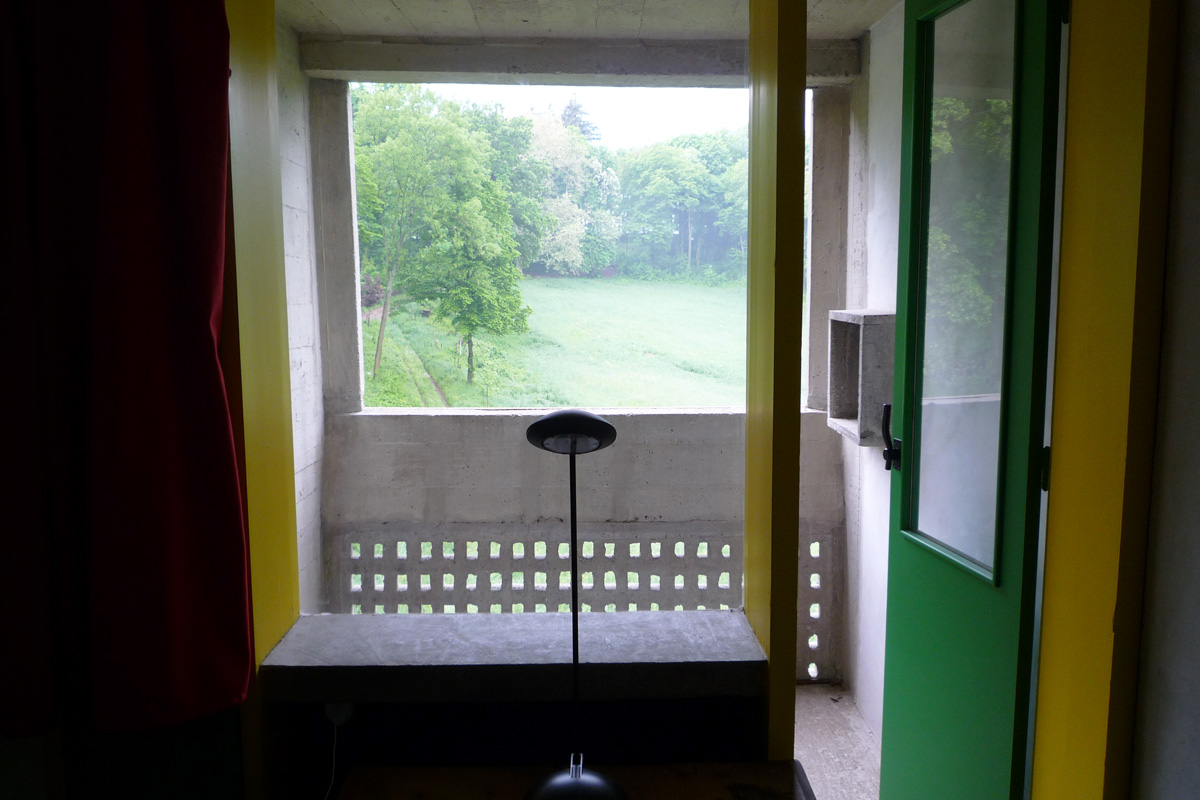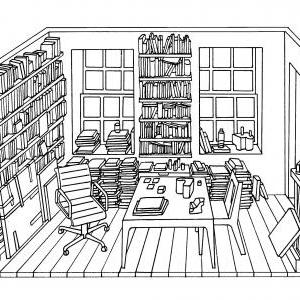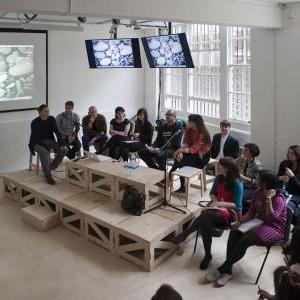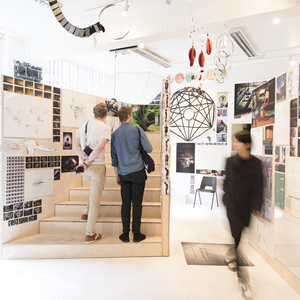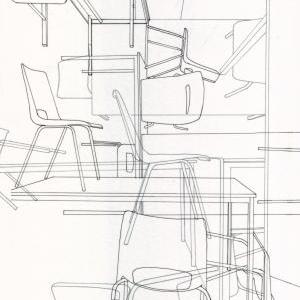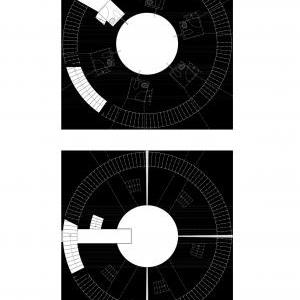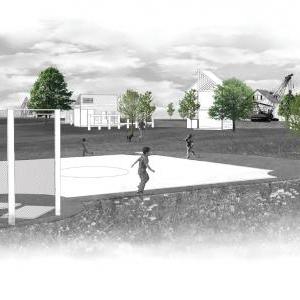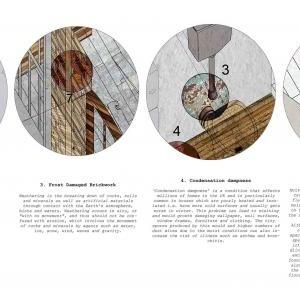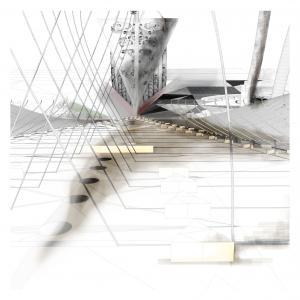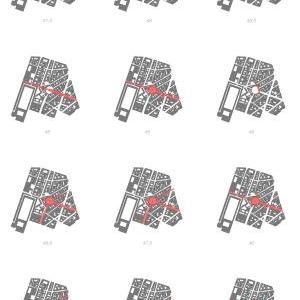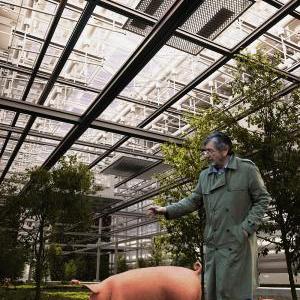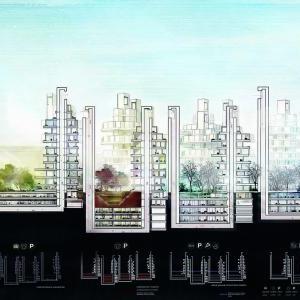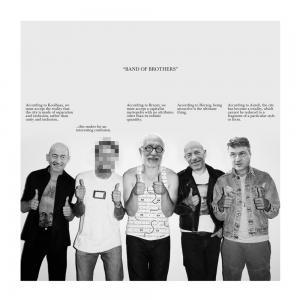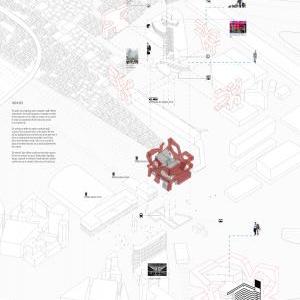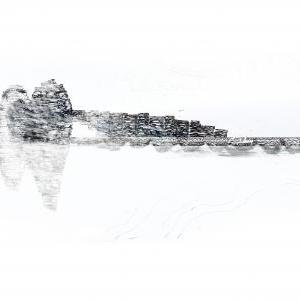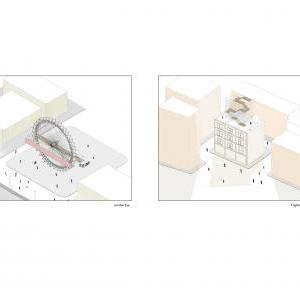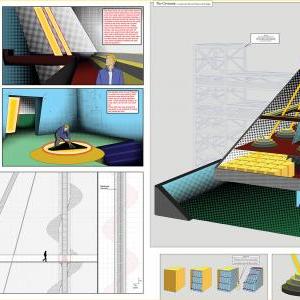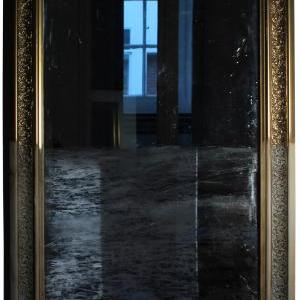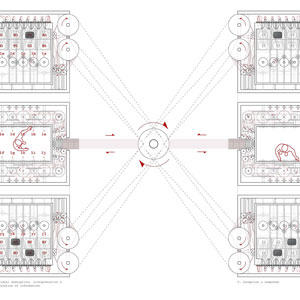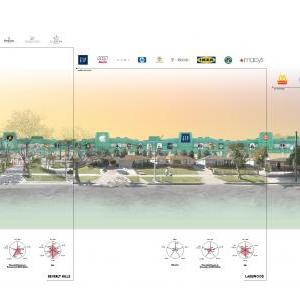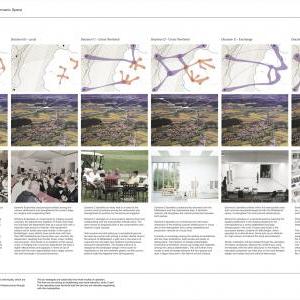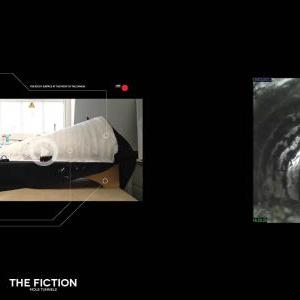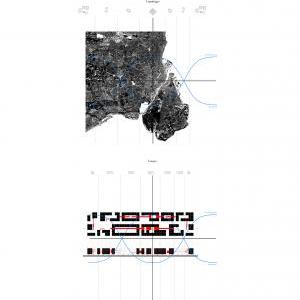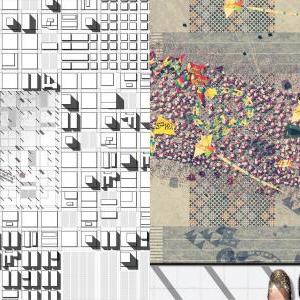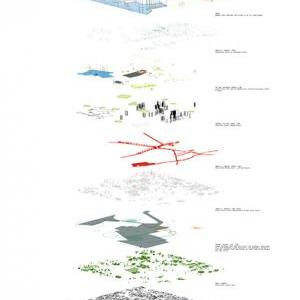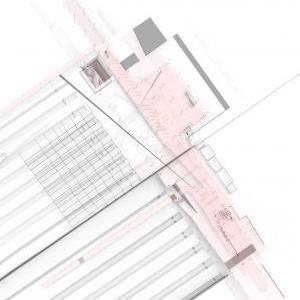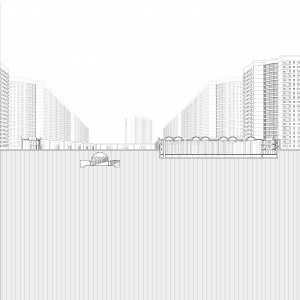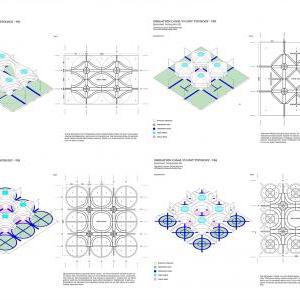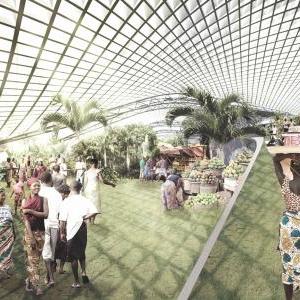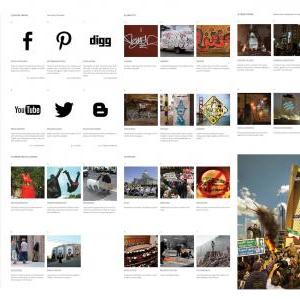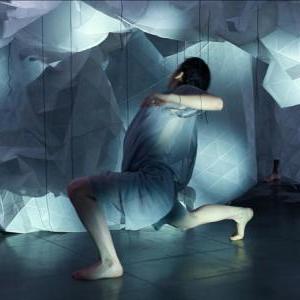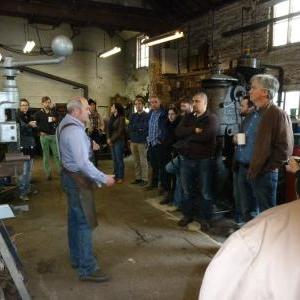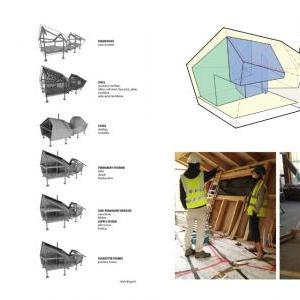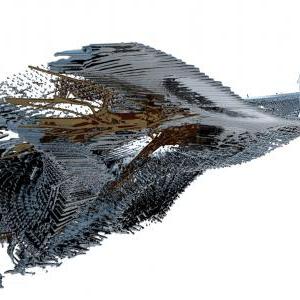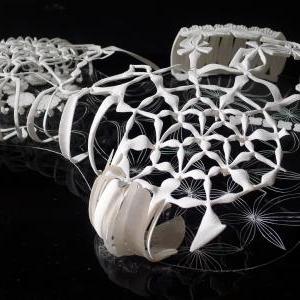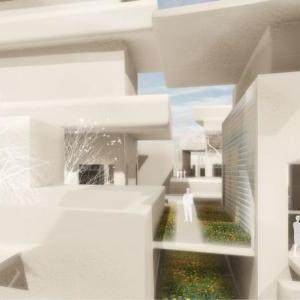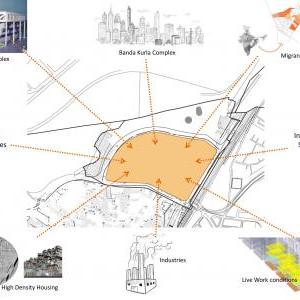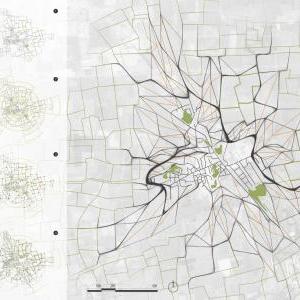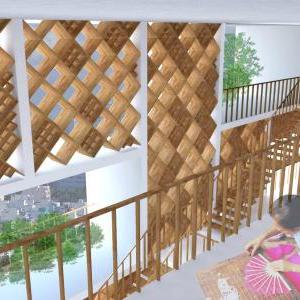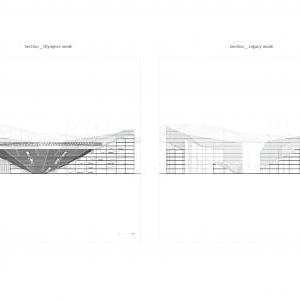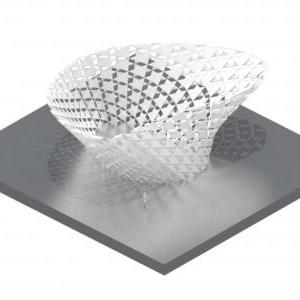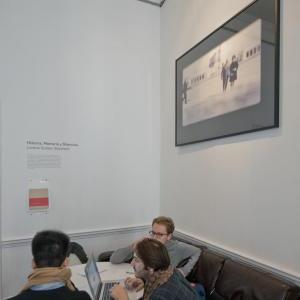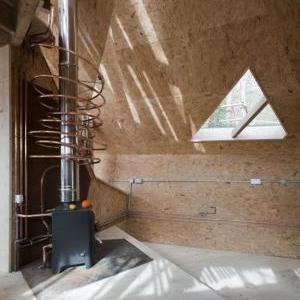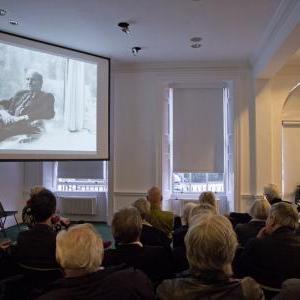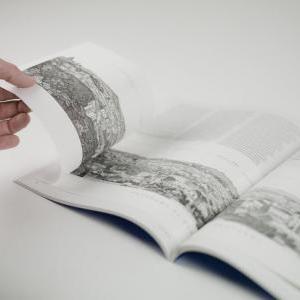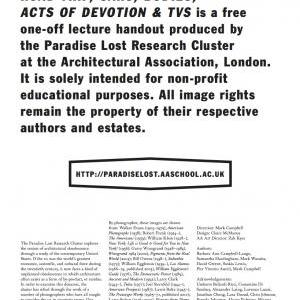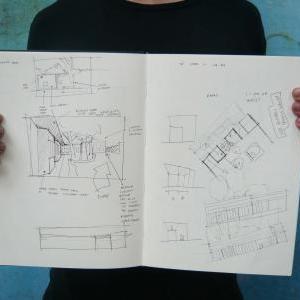The 12-month programme in History and Critical Thinking provides a platform for enquiry into theoretical debates and forms of architectural and urban practice. The aim is three-fold: to connect contemporary arguments and projects with a wider historical, cultural and political context; to produce a knowledge that relates to design and public cultures in architecture and to enquire into new forms of knowledge, research and practice.
The course is organised around lectures, seminars, writing sessions, workshops and a debate series. These offer students opportunities to expand disciplinary knowledge in a broad cultural arena and investigate the contemporary from a historical, theoretical and cross-disciplinary point of view.
Writing as a practice of thinking is central to the course, and forms such as essays, reviews, short commentaries, publications and interviews allow students to engage with a diverse line of questioning to articulate the various aspects of their study.
This year, a Term 1 workshop on architecture and media enabled students to explore the relationship between text, video installation and voice. In Term 2 workshops on fabrications and architectural exhibitions focused on theoretical debates in relation to particular architectural and curatorial projects. From this, students developed a critical view of the arguments put into design and the knowledge produced through its mechanisms and effects. As part of the research seminar in Term 3, the unit ventured to La Tourette and Marseille to develop the final thesis while participating in daily seminars and architectural visits.
The vertical connections in the school were reinforced by the HCT Term 2 series, ‘The City, Politics, Spaces’, which engaged several visiting speakers, created a venue for debate within the AA and cultivated a point of interaction with the broader academic and architectural community. This year architects, artists, historians and philosophers considered the changing urban, political and cultural formations through their own work.
Director
Marina Lathouri
Staff
Mark Cousins
Douglas Spencer
John Palmesino
Thomas Weaver
Visiting tutors
Mario Carpo
Workshop tutors
The 12-month programme in History and Critical Thinking provides a platform for enquiry into theoretical debates and forms of architectural and urban practice. The aim is three-fold: to connect contemporary arguments and projects with a wider historical, cultural and political context; to produce a knowledge that relates to design and public cultures in architecture and to enquire into new forms of knowledge, research and practice.
The course is organised around lectures, seminars, writing sessions, workshops and a debate series. These offer students opportunities to expand disciplinary knowledge in a broad cultural arena and investigate the contemporary from a historical, theoretical and cross-disciplinary point of view.
Writing as a practice of thinking is central to the course, and forms such as essays, reviews, short commentaries, publications and interviews allow students to engage with a diverse line of questioning to articulate the various aspects of their study.
This year, a Term 1 workshop on architecture and media enabled students to explore the relationship between text, video installation and voice. In Term 2 workshops on fabrications and architectural exhibitions focused on theoretical debates in relation to particular architectural and curatorial projects. From this, students developed a critical view of the arguments put into design and the knowledge produced through its mechanisms and effects. As part of the research seminar in Term 3, the unit ventured to La Tourette and Marseille to develop the final thesis while participating in daily seminars and architectural visits.
The vertical connections in the school were reinforced by the HCT Term 2 series, ‘The City, Politics, Spaces’, which engaged several visiting speakers, created a venue for debate within the AA and cultivated a point of interaction with the broader academic and architectural community. This year architects, artists, historians and philosophers considered the changing urban, political and cultural formations through their own work.
Director
Marina Lathouri
Staff
Mark Cousins
Douglas Spencer
John Palmesino
Thomas Weaver
Visiting tutors
Mario Carpo
Workshop tutors
